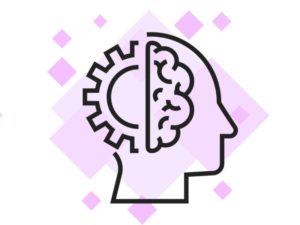Facial recognition specialist Camvi is highlighting the importance of artificial intelligence in biometric technology.
In a new blog post, Director of Sales Matt McCrann – who recently delivered a talk on AI in biometrics at this year’s FedID event in Tampa – notes that “AI systems will always demonstrate two things; a level of autonomy and form of adaptiveness.” In this sense, “autonomy” refers to the ability of an AI system to act without human intervention – matching a face from an image to one in a bigger database all on its own, for example.
“Adaptiveness”, meanwhile, refers broadly to machine learning, with AI-driven facial recognition systems able to improve in accuracy as they’re trained on greater amounts of data.
Together, these traits allow for the development of next-generation biometric solutions that can overcome disparities in data collected from multiple sources and comprising varying levels of quality. “AI solutions can be trained to mitigate inconsistencies, obstructions, atmospherics, and differing angles in order to acquire and match based on a biometric from video such as face, iris, or even fingerprint,” McCrann notes.
It’s an important point to note as AI plays an increasingly central role in evolving and emerging facial recognition systems. While facial recognition systems used to be limited by certain constraints pertaining to the kinds of images they can use, the amount of data, etc., AI and machine learning are allowing for the development of highly sophisticated solutions offering a broad range of applications. That means enhanced functionality for everything from government surveillance systems to face-scanning smartphones.
Source: Camvi







Follow Us